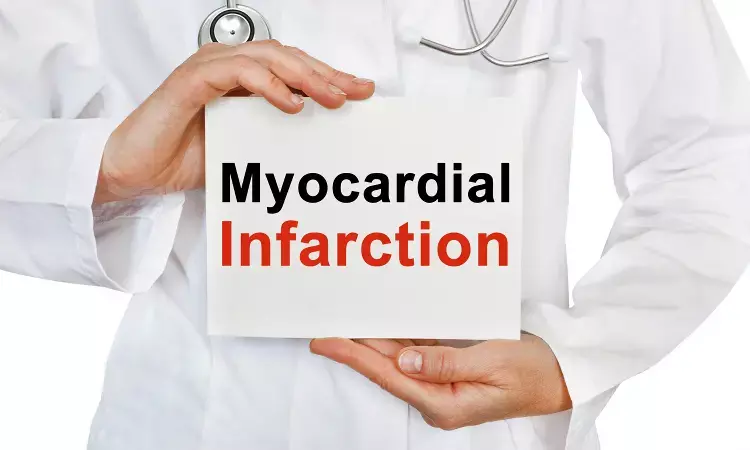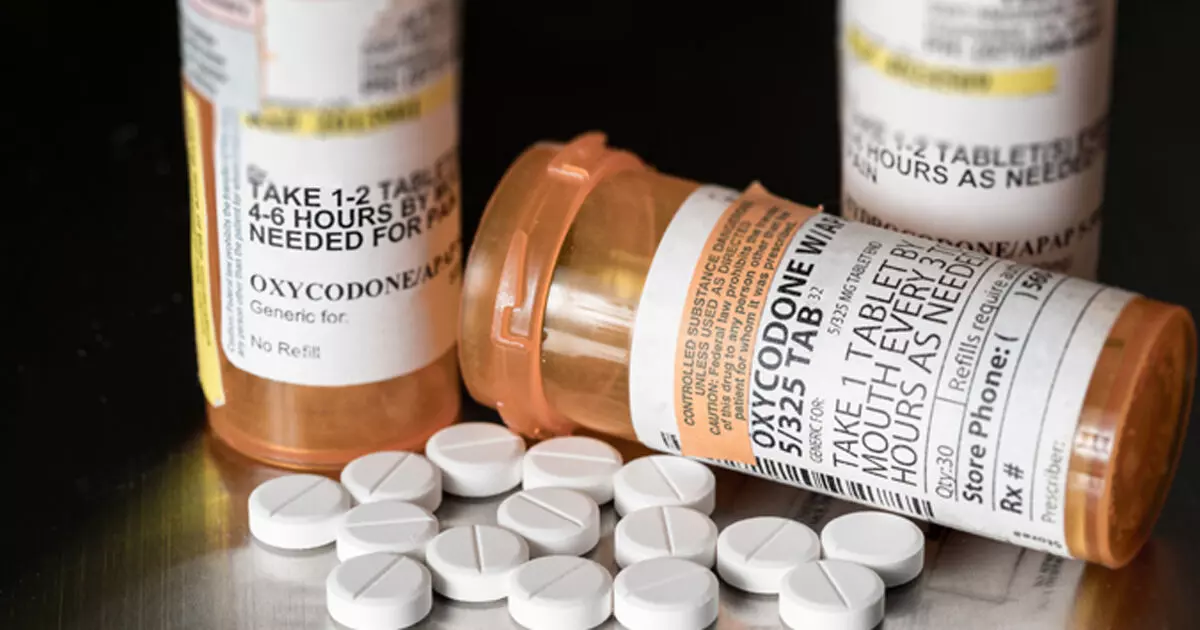- Home
- Medical news & Guidelines
- Anesthesiology
- Cardiology and CTVS
- Critical Care
- Dentistry
- Dermatology
- Diabetes and Endocrinology
- ENT
- Gastroenterology
- Medicine
- Nephrology
- Neurology
- Obstretics-Gynaecology
- Oncology
- Ophthalmology
- Orthopaedics
- Pediatrics-Neonatology
- Psychiatry
- Pulmonology
- Radiology
- Surgery
- Urology
- Laboratory Medicine
- Diet
- Nursing
- Paramedical
- Physiotherapy
- Health news
- Fact Check
- Bone Health Fact Check
- Brain Health Fact Check
- Cancer Related Fact Check
- Child Care Fact Check
- Dental and oral health fact check
- Diabetes and metabolic health fact check
- Diet and Nutrition Fact Check
- Eye and ENT Care Fact Check
- Fitness fact check
- Gut health fact check
- Heart health fact check
- Kidney health fact check
- Medical education fact check
- Men's health fact check
- Respiratory fact check
- Skin and hair care fact check
- Vaccine and Immunization fact check
- Women's health fact check
- AYUSH
- State News
- Andaman and Nicobar Islands
- Andhra Pradesh
- Arunachal Pradesh
- Assam
- Bihar
- Chandigarh
- Chattisgarh
- Dadra and Nagar Haveli
- Daman and Diu
- Delhi
- Goa
- Gujarat
- Haryana
- Himachal Pradesh
- Jammu & Kashmir
- Jharkhand
- Karnataka
- Kerala
- Ladakh
- Lakshadweep
- Madhya Pradesh
- Maharashtra
- Manipur
- Meghalaya
- Mizoram
- Nagaland
- Odisha
- Puducherry
- Punjab
- Rajasthan
- Sikkim
- Tamil Nadu
- Telangana
- Tripura
- Uttar Pradesh
- Uttrakhand
- West Bengal
- Medical Education
- Industry
STEMI patients with primary PCI do not require Cardiac ICU admission: JAHA

Recent research found that patients with ST-segment-elevation myocardial infarction (STEMI) who receive a primary percutaneous coronary intervention (pPCI) may not need routine admission to a cardiac intensive care unit following reperfusion. The risk of developing an adverse event depended on the severity of the chronic kidney disease. The study was published in the Journal of the American Heart Association.
Cardiac intensive care units were created for the patients during the prerevascularization era and were meant for the early recognition of ventricular arrhythmias following myocardial infarction. Patients with stable STEMI irrespective of the clinical risk or the provision of critical care therapies are still grouped in cardiac intensive care units after a pPCI even though Only 1 in 20 initially stable patients with STEMI receiving pPCI developed an in‐hospital adverse event. Hence researchers conducted a study to determine factors associated with in‐hospital adverse events in a hemodynamically stable, postreperfusion population of patients with STEMI between April 2012 and November 2019.
The study evaluated 2101 consecutive patients with STEMI who received pPCI in the Vancouver Coastal Health Authority. Patients were stratified into those with and without subsequent adverse events. Adverse events were categorized as cardiogenic shock, in‐hospital cardiac arrest, stroke, re‐infarction, and death. Multivariable logistic regression models were used to determine predictors of adverse events.
Findings of the study:
- There were 1770 stable patients with STEMI who had received pPCI after excluding patients presenting with cardiac arrest, cardiogenic shock, or heart failure.
- A total of 94 (5.3%) patients developed at least one adverse event like the cardiogenic shock 55 (3.1%), in‐hospital cardiac arrest 42 (2.4%), death 28 (1.6%), stroke 21 (1.2%), and re‐infarction 5 (0.3%).
- Univariable predictors of adverse events were older age, female sex, prior stroke, chronic kidney disease, and atrial fibrillation.
- There was no significant difference in reperfusion times between those with and without adverse events.
- Following multivariable adjustment, moderate to severe chronic kidney disease was associated with adverse events independent of reperfusion time, age, sex, smoking status, hypertension, diabetes, and prior myocardial infarction/PCI/coronary artery bypass grafting.
Thus, the researchers concluded that the majority of patients with STEMI who receive pPCI may not require routine admission to a cardiac intensive care unit following reperfusion.
For full reading, click here: https://doi.org/10.1161/JAHA.122.025572
Amon J, Wong GC, Lee T, et al. Incidence and Predictors of Adverse Events Among Initially Stable ST-Elevation Myocardial Infarction Patients Following Primary Percutaneous Coronary Intervention. J Am Heart Assoc. 2022;11(17):e025572.
BDS, MDS
Dr.Niharika Harsha B (BDS,MDS) completed her BDS from Govt Dental College, Hyderabad and MDS from Dr.NTR University of health sciences(Now Kaloji Rao University). She has 4 years of private dental practice and worked for 2 years as Consultant Oral Radiologist at a Dental Imaging Centre in Hyderabad. She worked as Research Assistant and scientific writer in the development of Oral Anti cancer screening device with her seniors. She has a deep intriguing wish in writing highly engaging, captivating and informative medical content for a wider audience. She can be contacted at editorial@medicaldialogues.in.
Dr Kamal Kant Kohli-MBBS, DTCD- a chest specialist with more than 30 years of practice and a flair for writing clinical articles, Dr Kamal Kant Kohli joined Medical Dialogues as a Chief Editor of Medical News. Besides writing articles, as an editor, he proofreads and verifies all the medical content published on Medical Dialogues including those coming from journals, studies,medical conferences,guidelines etc. Email: drkohli@medicaldialogues.in. Contact no. 011-43720751




